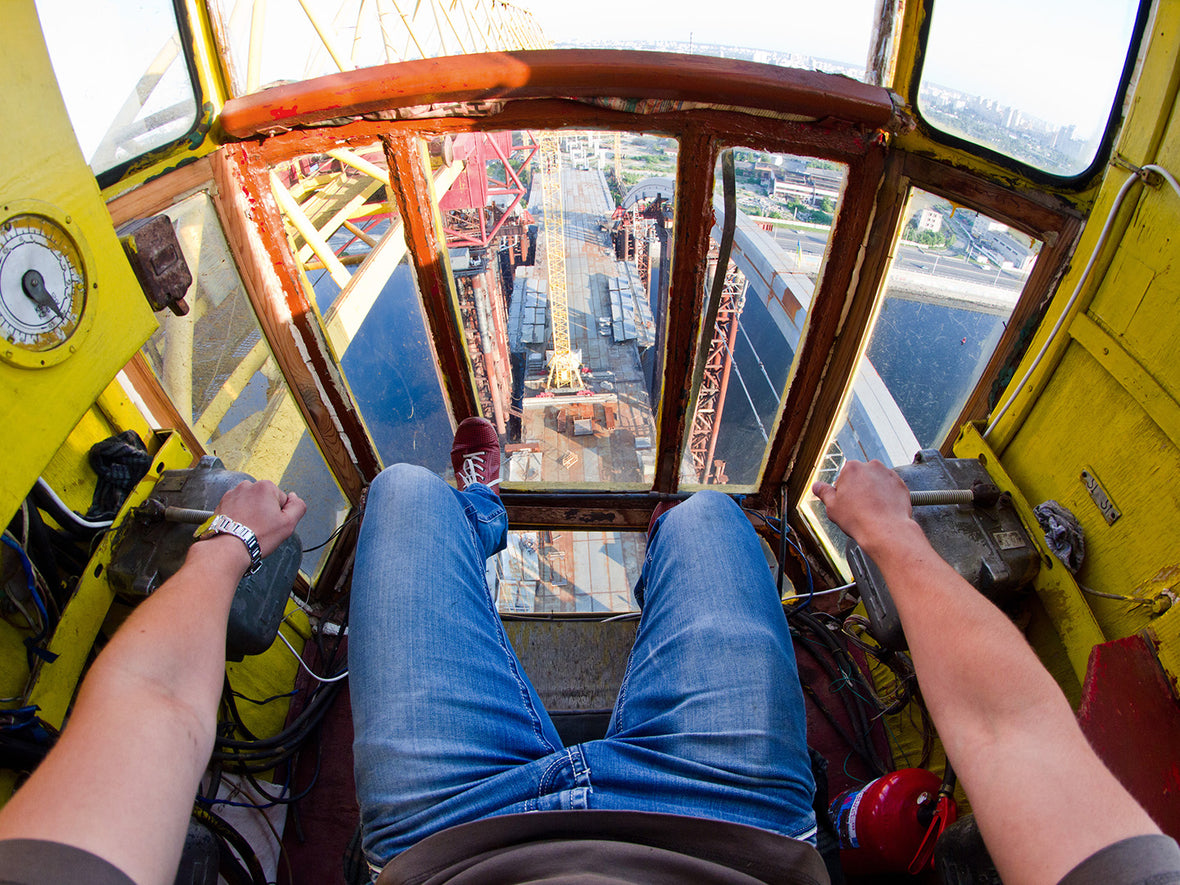
The Vital Role of a Tower Crane Operator in Construction
At the heart of every towering construction site stands a skilled professional who orchestrates the movement of heavy materials with precision and expertise – the tower crane operator. This article explores the integral role of a tower crane operator, examining their responsibilities, required skills, and the importance of their contribution to the efficiency and safety of construction projects.
- Responsibilities of a Tower Crane Operator:
Tower crane operators shoulder a significant burden of responsibility, overseeing various critical tasks throughout the construction process.
-
Equipment Operation: The primary duty involves operating the tower crane efficiently and safely, lifting and transporting heavy loads to desired heights.
-
Load Management: Tower crane operators must master the art of load management, understanding the crane's capacity, balance, and environmental factors to prevent overloading and ensure safe lifts.
-
Communication: Clear communication with ground personnel is essential. Operators use standardized hand signals or communication devices to coordinate lifts, ensuring the safety of everyone on the construction site.
-
Equipment Inspection: Regular inspection of the crane's components is part of the operator's routine. Identifying and addressing any issues promptly is crucial to prevent malfunctions and accidents.
- Skills and Qualifications:
Becoming a tower crane operator requires a specific skill set and a commitment to safety.
-
Technical Proficiency: Operators must possess technical expertise in operating complex machinery, understanding the crane's controls, and troubleshooting potential issues.
-
Spatial Awareness: A keen sense of spatial awareness is crucial to navigate the crane through the construction site, avoiding obstacles and ensuring precision in load placement.
-
Communication Skills: Effective communication is vital for coordinating lifts and maintaining a safe working environment.
-
Certification and Training: Tower crane operators undergo rigorous training programs and obtain NCII certifications from TESDA to ensure they meet industry standards and safety regulations. Please refer to the following link for the NCII requirement: https://tesda.gov.ph/Downloadables/TR%20-%20Tower%20crane%20NC%20II.pdf
- Safety First:
Safety is the paramount concern for tower crane operators, given the potential risks associated with their role.
-
Adherence to Protocols: Operators strictly follow safety protocols, including load capacity guidelines, equipment inspections, and emergency procedures.
-
Weather Considerations: Monitoring weather conditions is crucial, and operators must cease operations in adverse weather to prevent accidents.
-
Emergency Response: Being prepared for emergencies is part of the operator's responsibility. Regular drills ensure a quick and efficient response to unexpected situations.
Tower crane operators are the unsung heroes of construction sites, overseeing the intricate dance of heavy materials and contributing significantly to project success. Their technical expertise, commitment to safety, and ability to communicate effectively make them indispensable assets in the construction industry. As the backbone of vertical construction, tower crane operators exemplify the synergy between skill, precision, and safety that defines a successful construction project.



